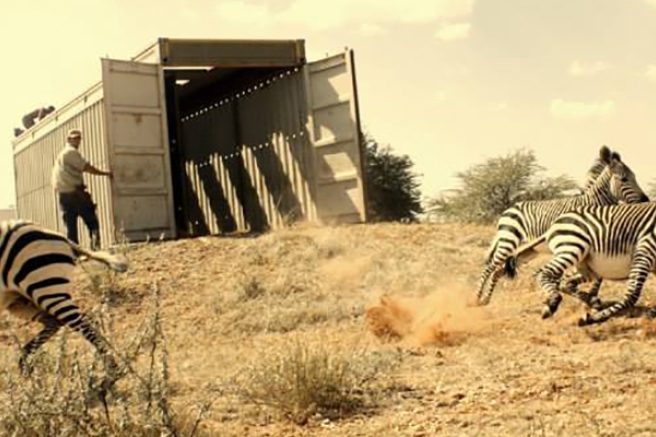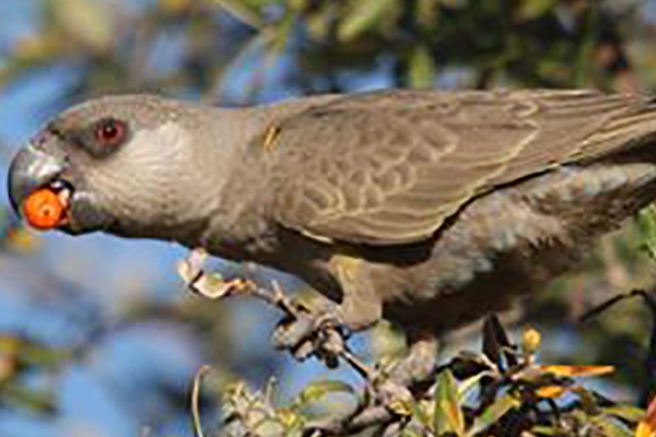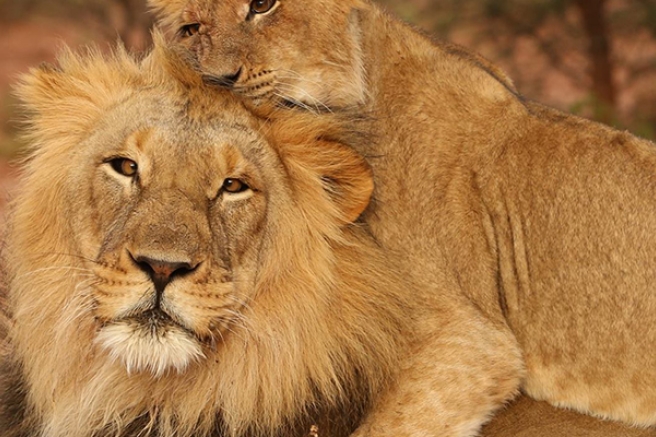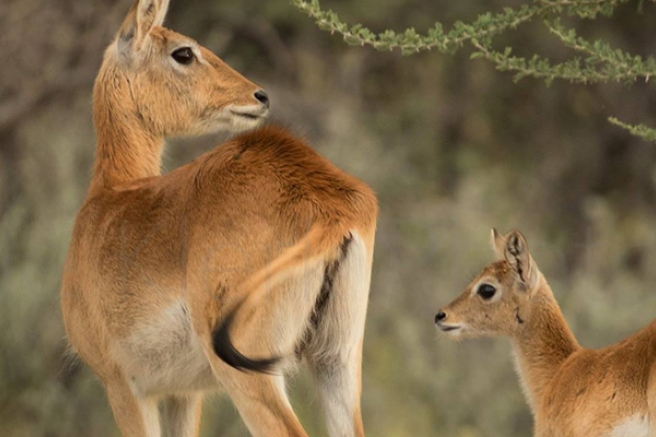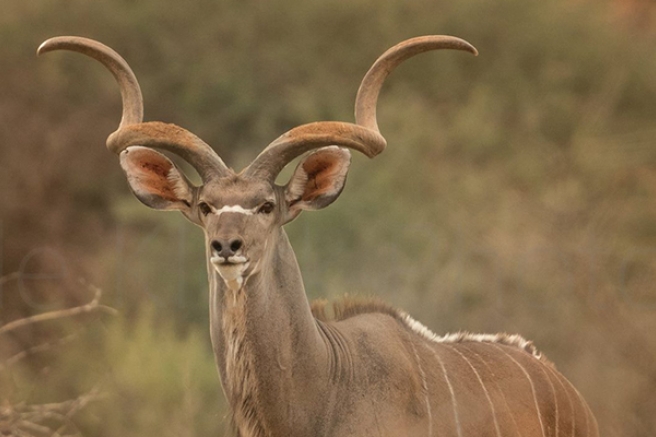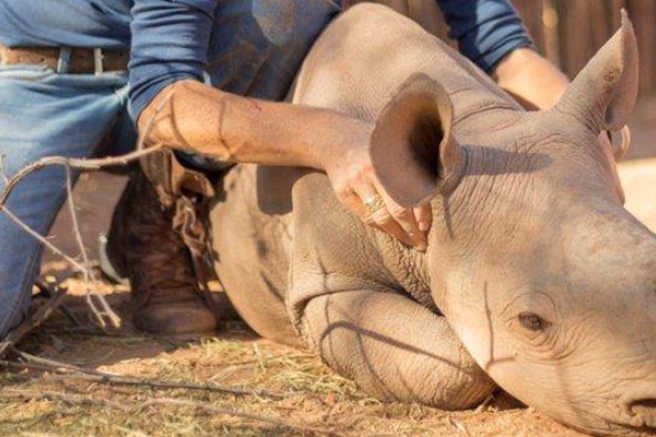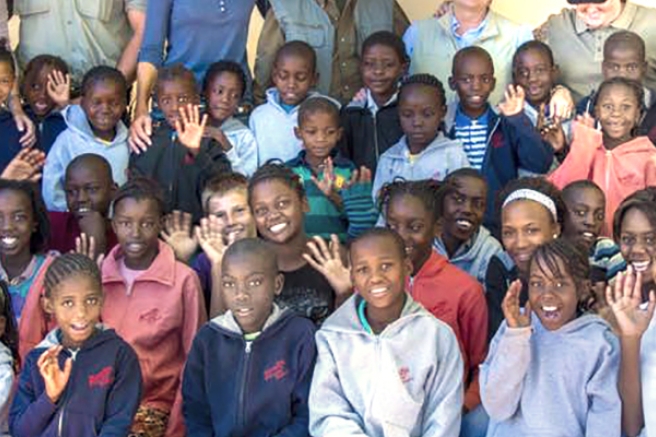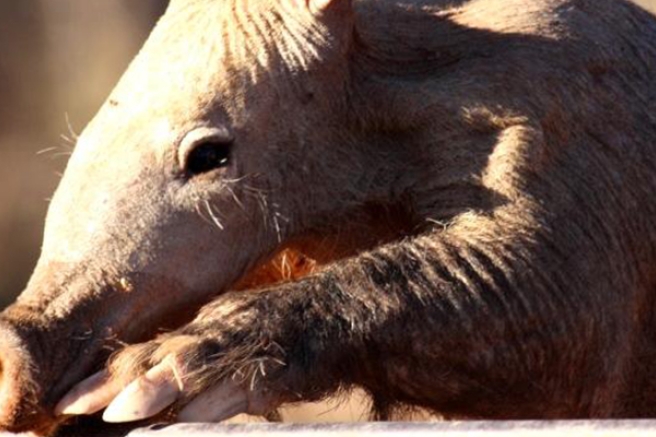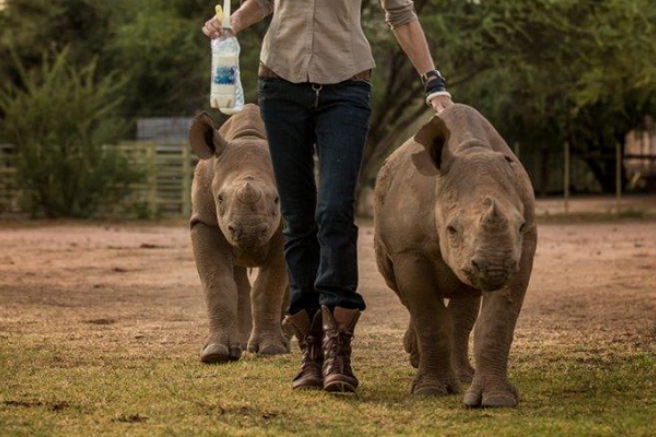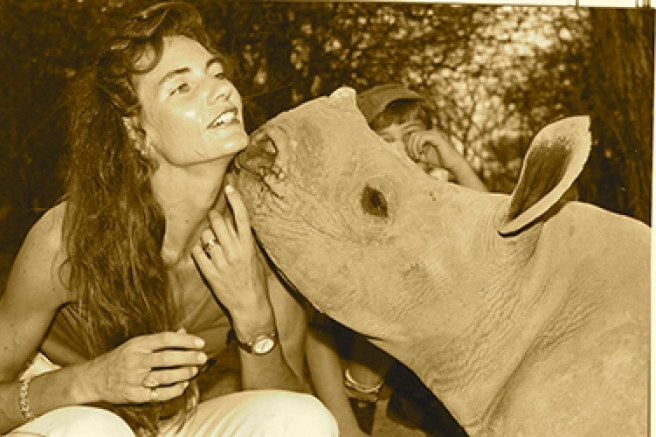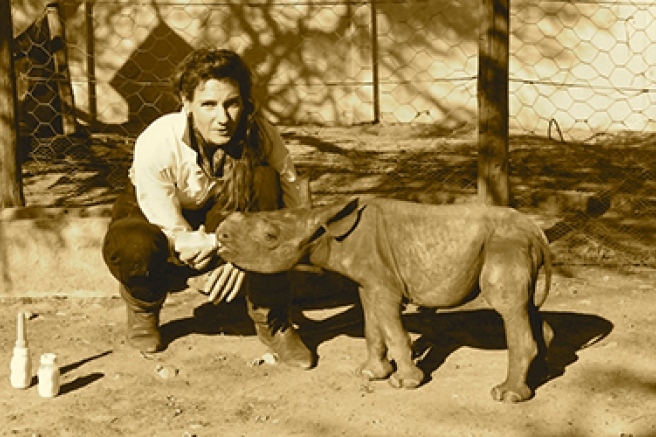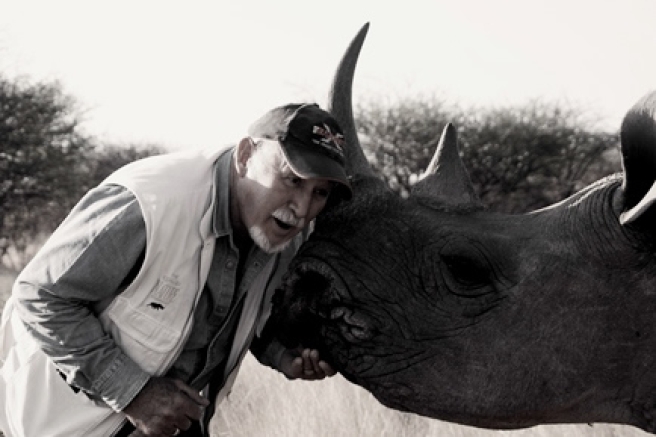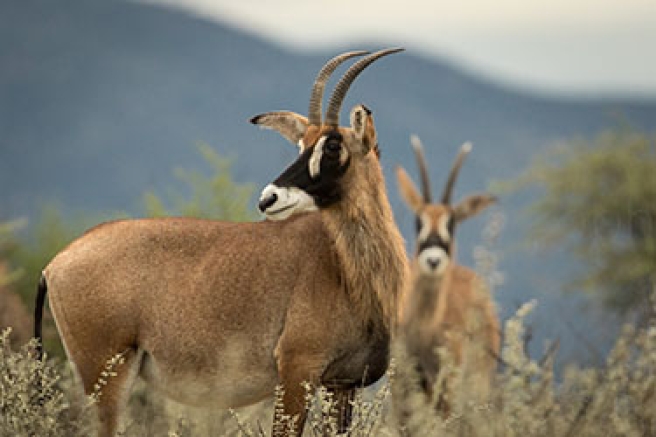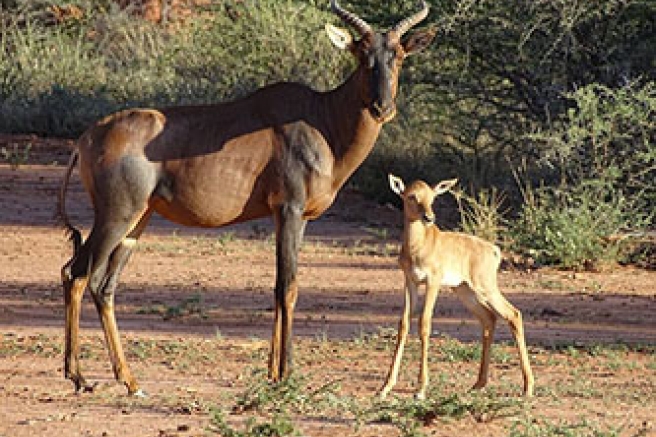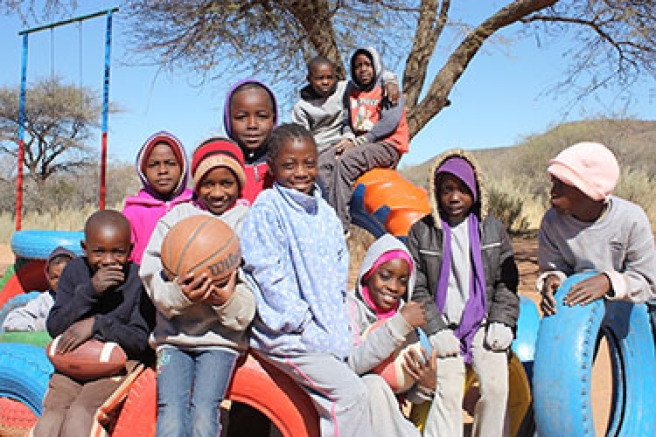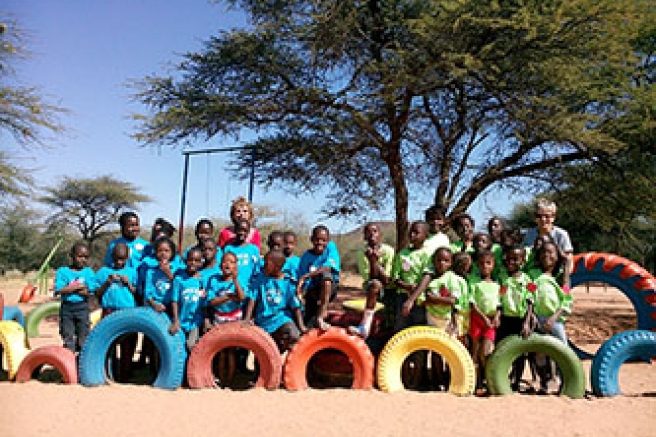How to Hunt for an Outfitter
When choosing to go on a safari anywhere in the world, there are many points to be taken into consideration. Particularly a safari to be undertaken far away from home needs to be carefully planned in order to make sure that what you will get is exactly what you expect. Going on an African safari may be daunting at first, but the following points may be of assistance to you in making this decision:
- Is your outfitter a member of the national professional hunters association (such as the Namibian Professional Hunter's Association - NAPHA) in Namibia and is your outfitter registered with the Namibian Tourism Board (NTB)?
- Are the species on your 'shopping list' available on the property or the hunting area, or are they to be sourced from a third party? How many animals (of the specific specie you will be hunting) are to be found on the property and what are the chances of taking your desired trophy?
- Will you be seeing big game, such as elephants, white & black rhino, giraffes, hippo while hunting, will it be a truly African experience?
- Size matters to some extent - but the hunting experience is truly what hunting is all about. Nonetheless, make sure that you will have the opportunity of hunting a good, aged representative of the specie(s) you wish to take home.
- How large is the hunting area and what is it used for? Is it privately owned, state-owned concession area, a cattle ranch, is it high-fenced, free range?
- Where is the hunting area located? Will you be hunting desert areas, lush green plains, a variable habitat?
- How much time is to be spent travelling during your hunt, how far apart are the concession areas and the accommodations? How much of your time will actually be spent hunting and driving from accommodations to different hunting areas?
- Are the accommodations suitable for you and your friends and family, if you wish to share your experience with them? How many hunting parties will be sharing camp with you? Are the accommodations going to live up to your expectations with regards to privacy, luxury and comfort?
- What additional services are provided, will you (or your friends and family) be able to participate in other activities, such as souvenir shopping, travelling etc.?
- Hunting African countries in general: find out about health hazards (malaria, tse-tse flies, brucella etc.), the political situation, the infrastructure and safety within the country.
- Checking references is probably the only way of finding out if your experience will be as you expect it to be. References will be able to give you additional tips from the perspective of a fellow hunter and give invaluable advice on everything else, such as taxidermists, travelling, places to see, things to bring on your hunt and much more. You will find that the hunting community is a fraternity, and in sharing the same passion for the outdoors, most hunters are more than willing to lend a guiding hand!
- If possible, meet your outfitter or PH personally, make efforts to attend hunting conventions. An outfitter that regularly attends hunting conventions is serious about offering professional service and putting a face to the operation will put you at ease.
- Hunters around the world share a love for the wilderness and it's wildlife and are naturally conservationists at heart. Are the proceeds of your hunt being put to the benefit of conserving that which all hunters hold dear? I.e., is the hunting operator a long-standing establishment or out for making a quick buck?
Professional Hunting with Jan Oelofse Hunting Safaris
We at Jan Oelofse Hunting Safaris offer:
- 80 000 acres prime hunting area to the north of Windhoek, which is privately owned
- 120 000 acres concession area adjacent to our property
- Accommodation and hunting all in one area - no time is wasted driving
- Only wildlife in our area - no cattle ranching
- All the species listed on our price list have been bread on our property and are available in good numbers
- You will observe an abundance of species, including elephant, white and black rhino, hippo and lion
- One of our four very experienced professional hunters, who will be appointed to exclusively offer their services to you
- luxurious accommodation to suit the needs of all members of a family
- Photographic safaris, lion feeding, cheetah feeding, walks to fossilized dinosaur footprints, souvenir shopping, side-trips to town or other parts of Namibia
- The proceeds from your hunt will be put to good use, to the benefit of supporting the less fortunate and conservation
Conserving the African Dream
"Always give back more than what you take out"
Jan Oelofse Hunting Safaris was founded by world-renowned conservationist Jan Harm Oelofse, and his legacy, wisdom and philosophies are the heart of our family-run establishment. Jan Oelofse believed that hunting should first and foremost serve conservation. In the face of our fading natural world, his credo "always give back more to nature than you take out", becomes ever more important.
The dream of an African hunt for many may only be realized as long as hunting outfitters, in collaboration with government, use the proceeds from the hunting industry such to support local communities, facilitate the conservation of the huntable species and more importantly, the habitat. We at Jan Oelofse Hunting Safaris pledge to serve this credo, to keep the "African dream" alive, to always give back more than what we take out.

